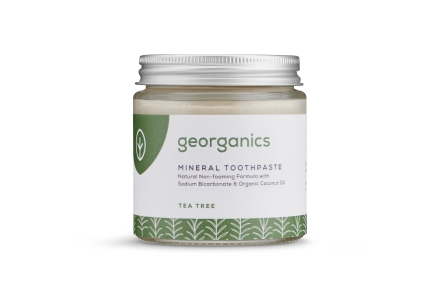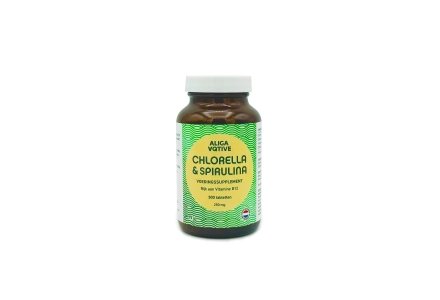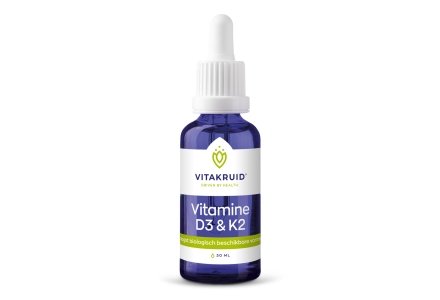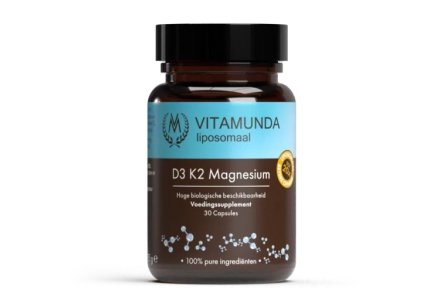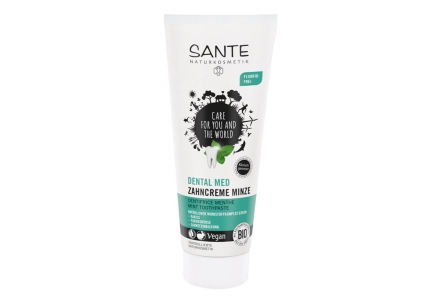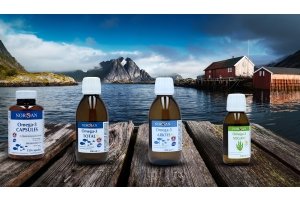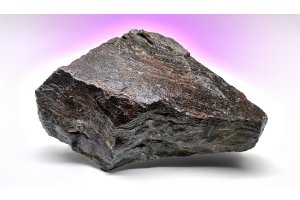
The pineal gland, sometimes called the “third eye,” is a small but powerful organ in the brain. Although only the size of a pea, this gland has fascinated scientists, philosophers and spiritual leaders over the centuries. But what exactly is the pineal gland? What are its functions? And why is it seen as a spiritual gateway in some cultures? Calcification of the pineal gland, causing it to function worse and what you can do about this is also discussed in this blog. Read on quickly.
What is the Pineal Gland
The pineal gland, also referred to as epiphysis, is a small, cone-shaped organ located in the center of the brain, between the two cerebral hemispheres and above the thalamus. This unique organ is about the size of a pea and has a characteristic, pinecone-like shape, which explains its name. The pineal gland is an essential part of the endocrine system, responsible for the production and secretion of hormones that play a crucial role in various physiological processes.
The biological side of the pineal gland
The main function of the pineal gland is the production of the hormone melatonin, which, in addition to the regulation of other hormones, plays a crucial role in the regulation of the sleep-wake cycle. Melatonin is produced in response to darkness, signaling to the body that it is time to sleep. Under the influence of the amount of light entering the eyes, the pineal gland converts the neurotransmitter serotonin into the hormone melatonin. The less light falls into the eyes, the more melatonin is produced. Melatonin is essential for the proper functioning of your body's biological clock and ensures that the body runs in time with the day and night rhythm. In addition, melatonin allows you to fall asleep relaxed and sleep through the night.
As we age, the pineal gland can calcify due to the accumulation of calcium salts. This process can reduce the production of melatonin, which may be linked to sleep problems and diseases of aging.
The spiritual dimension of the pineal gland
In addition to this biological function, the pineal gland also has deep spiritual significance for many people. In various spiritual and esoteric traditions, the pineal gland is also called “the third eye. By this is meant that the pineal gland is seen by many people as a gateway to higher levels of consciousness and inner vision. Cultures such as ancient Egypt and India have linked the pineal gland to spiritual perception and intuition.
The calcification of the pineal gland also has implications spiritually, especially when you consider the pineal gland in relation to the chakras. This process of calcification could cause your sixth chakra to be unbalanced.
The Pineal Gland and its relationship with the chakras
The third eye has traditionally been related in Indian spirituality and today by various spiritual therapists to the sixth chakra, also called the forehead chakra (Ajna). This chakra is located in the center of the forehead, slightly above the eyes, and is often associated with intuition, insight and spiritual awareness. The Organs associated with this chakra are the pineal gland, the eyes and the brain, and the location of this chakra is in the center of the forehead, between the eyes.
Originally, seven chakras were described in Indian spirituality, of which the forehead chakra is one. These chakras are interconnected and influence each other, and they are often seen as centers of energy that influence both physical and emotional aspects of our well-being.
Activation of the Pineal Gland
Some believe it is possible to “activate” the pineal gland and thereby raise your level of consciousness, this could be done through meditation, visualization techniques, certain breathing techniques and the use of healthy foods and herbs and supplements.
What you should avoid as much as possible when working to activate the pineal gland include alcohol, refined sugars and artificial sweeteners. It is also recommended to minimize exposure to substances such as fluoride, heavy metals and other toxins in our environment as much as possible.
The pineal gland and calcification
Calcification of the pineal gland is a process, which as discussed earlier, can lead to reduced functionality. This often occurs due to natural aging, but can also be influenced by factors such as diet, exposure to fluoride and other chemicals, and a disturbance in calcium metabolism. Although it is difficult to completely reverse calcification, there are certain nutritional supplements and lifestyle interventions that can help slow or even partially restore this process.
Dietary supplements that may help reduce calcification of the pineal gland:
Iodine: Iodine can potentially help expel fluoride from the body. Fluoride is one of the substances associated with calcification of the pineal gland. Taking iodine allows the body to excrete excess fluoride more efficiently, possibly helping to reduce calcification.
Magnesium: Magnesium has a decalcifying effect and plays a role in regulating calcium in the body. Magnesium deficiency can lead to calcium imbalance, which can promote calcification. Magnesium can therefore help prevent and possibly reduce the formation of calcium deposits.
Zeolite: Zeolite is a powerful detoxifier that helps remove heavy metals and toxins, including fluoride. It is often promoted as a means of detoxifying the body and thus may help reduce toxins that contribute to pineal calcification.
Shilajit: Shilajit is a tarry, mineral-rich substance from mountainous regions such as the Himalayas that is best known for its detoxifying and restorative properties. It contains fulvic acid and more than 80 minerals that help remove toxins, including fluoride, from the body. Because of these detoxifying effects, shilajit can potentially help reduce calcification of the pineal gland and improve overall health.
Vitamin K2: Vitamin K2 plays an important role in regulating calcium in the body. It helps transport calcium to the right places, such as the bones, and keep it away from soft tissues such as the pineal gland, where it can be harmful. Supplementation with K2 can help prevent calcification.
Curcumin (turmeric): Curcumin has antioxidant and anti-inflammatory properties that may help protect the pineal gland from damage caused by toxins and oxidative stress.
Chlorella and Spirulina: These algae have powerful detoxifying properties and can help remove heavy metals, including fluoride and mercury, from the body. They are often used as part of detox programs to protect and restore the pineal gland.
Vitamin D3: Vitamin D3 deficiency is associated with increased calcification. Supplementation can help ensure proper calcium regulation in the body, which may reduce the risk of pineal calcification.
Supportive lifestyle interventions:
Avoiding fluoride: Limiting exposure to fluoride (for example, by drinking filtered water and using fluoride-free toothpaste) is one of the most important steps to prevent further calcification.
Healthy diet: A diet rich in antioxidants (such as berries, green vegetables, and healthy fats) can reduce oxidative stress and inflammation in the body, contributing to better pineal health.
Sunlight and sleep regulation: Since the pineal gland is responsible for melatonin production, regulating your sleep-wake cycle and getting adequate exposure to natural sunlight can help the pineal gland function optimally.
Conclusion
The pineal gland is a fascinating organ that plays an important role in both our physical and spiritual lives. Although many of the myths and theories surrounding the pineal gland have yet to be fully scientifically proven, it remains a subject of great interest in various disciplines. What is certain is that this small organ has a tremendous impact on our well-being and daily functioning.
Are you looking for ways to support the health of your pineal gland? Try fluoride-free toothpaste and consider nutritional supplements such as magnesium, vitamins D3 & K2, and chlorella & spirulina, among others, to improve the function of your pineal gland.
Meditech Europe is a supplier of both fluoride-free toothpaste and various nutritional supplements to support the health of your pineal gland. You can take a first step by switching to our mineral toothpastes without fluoride and other harmful chemical additives.
For more information and advice on mineral toothpastes and nutritional supplements, feel free to contact us for more information. We will be happy to help you.
